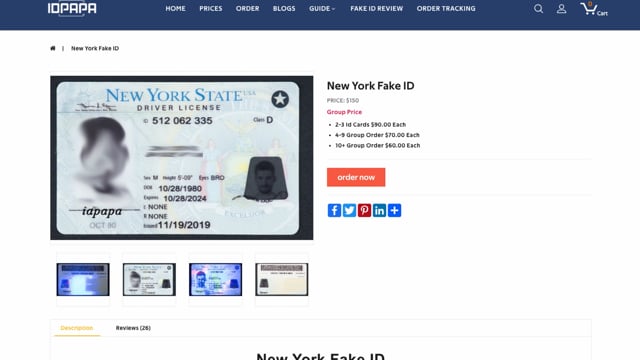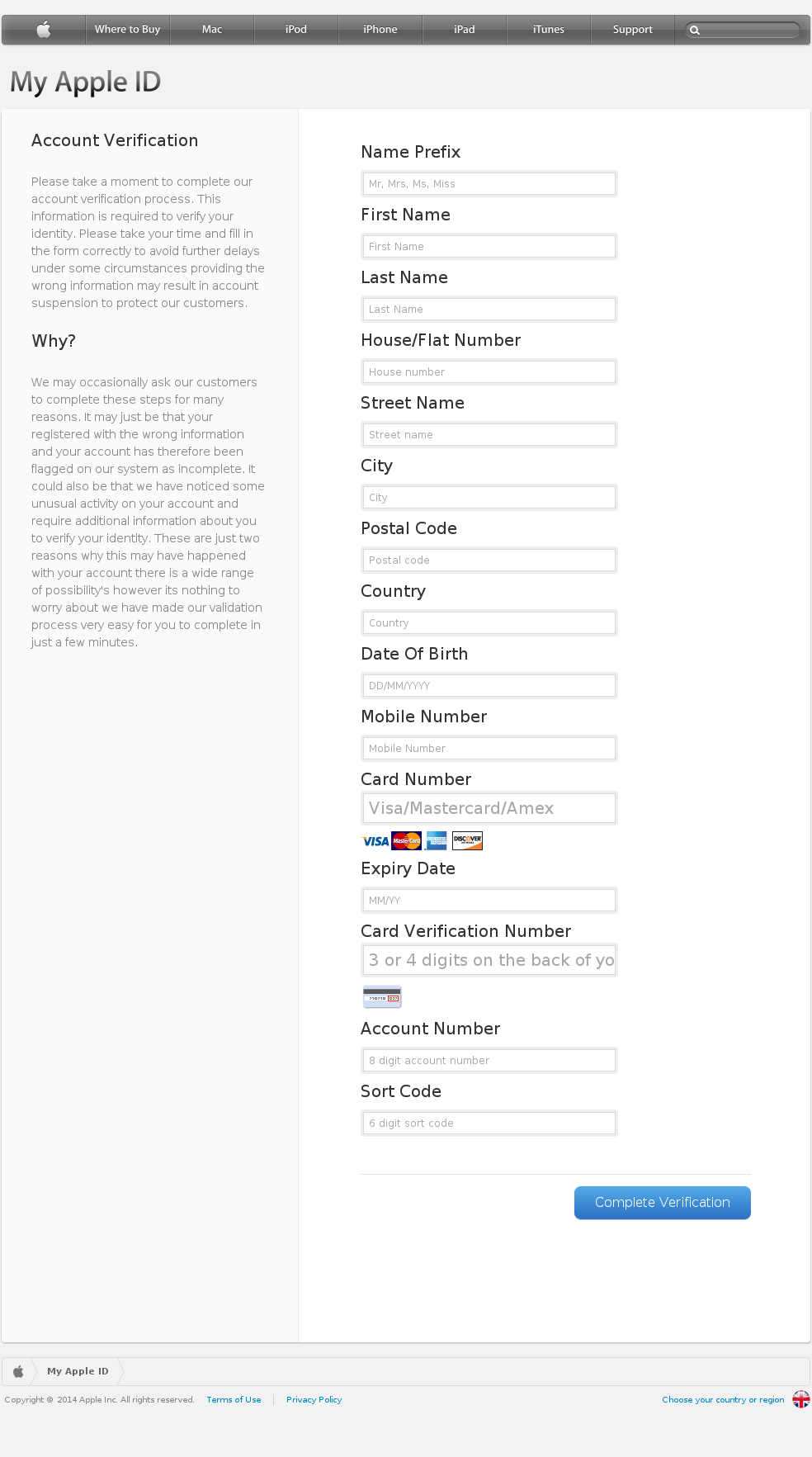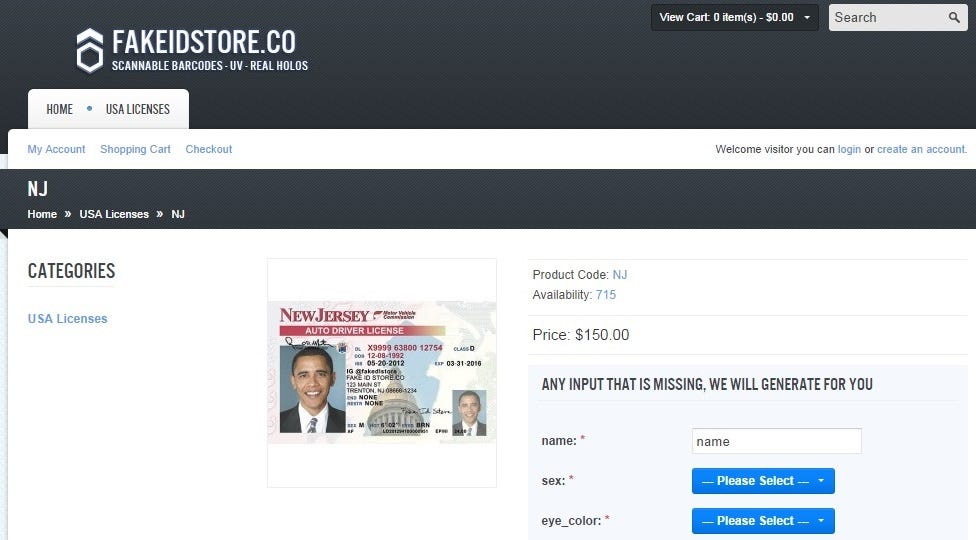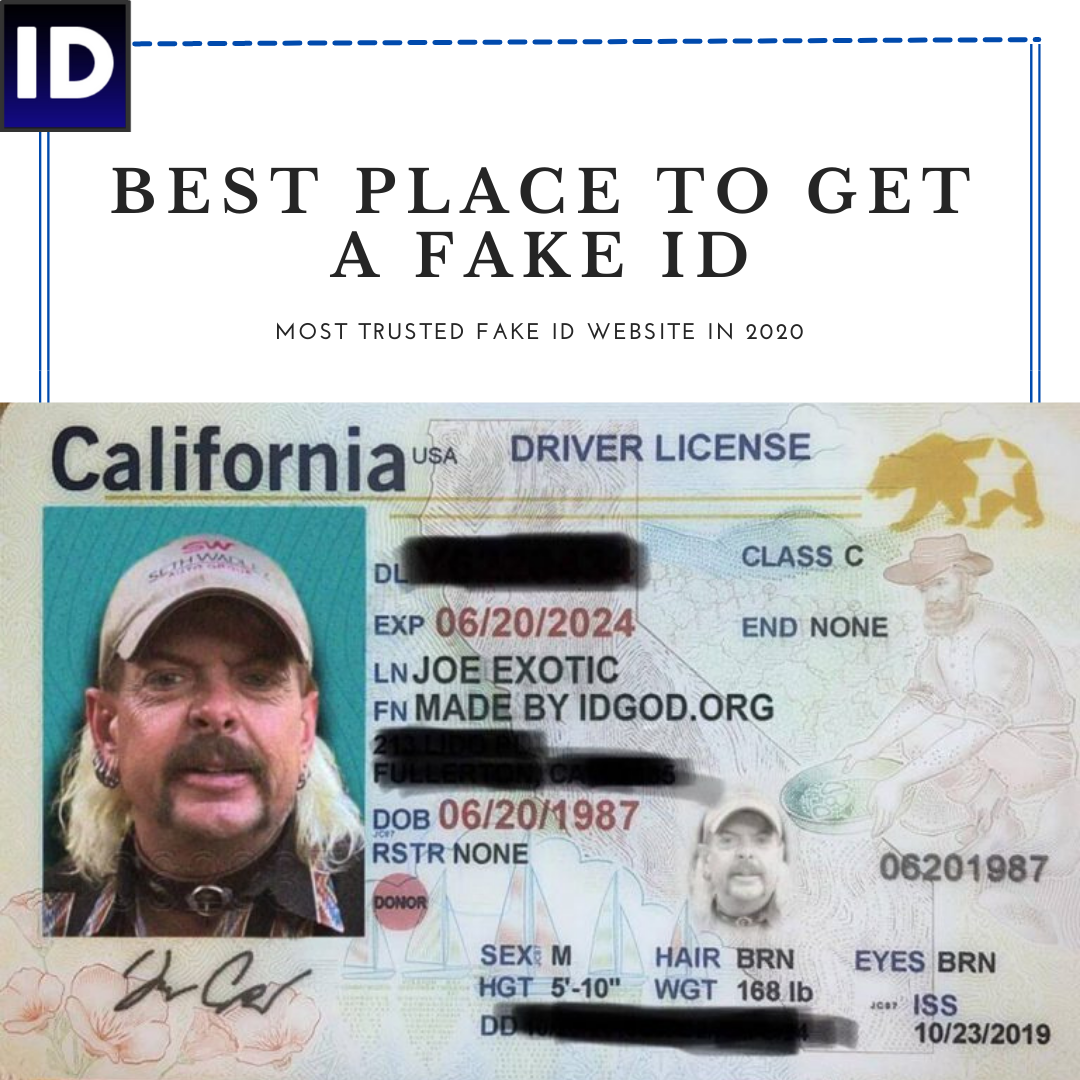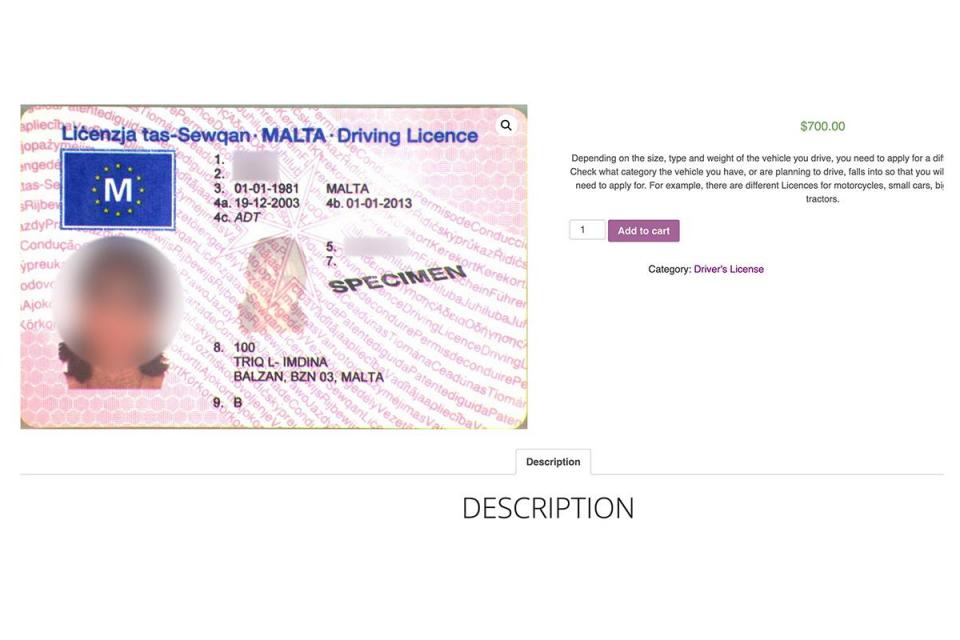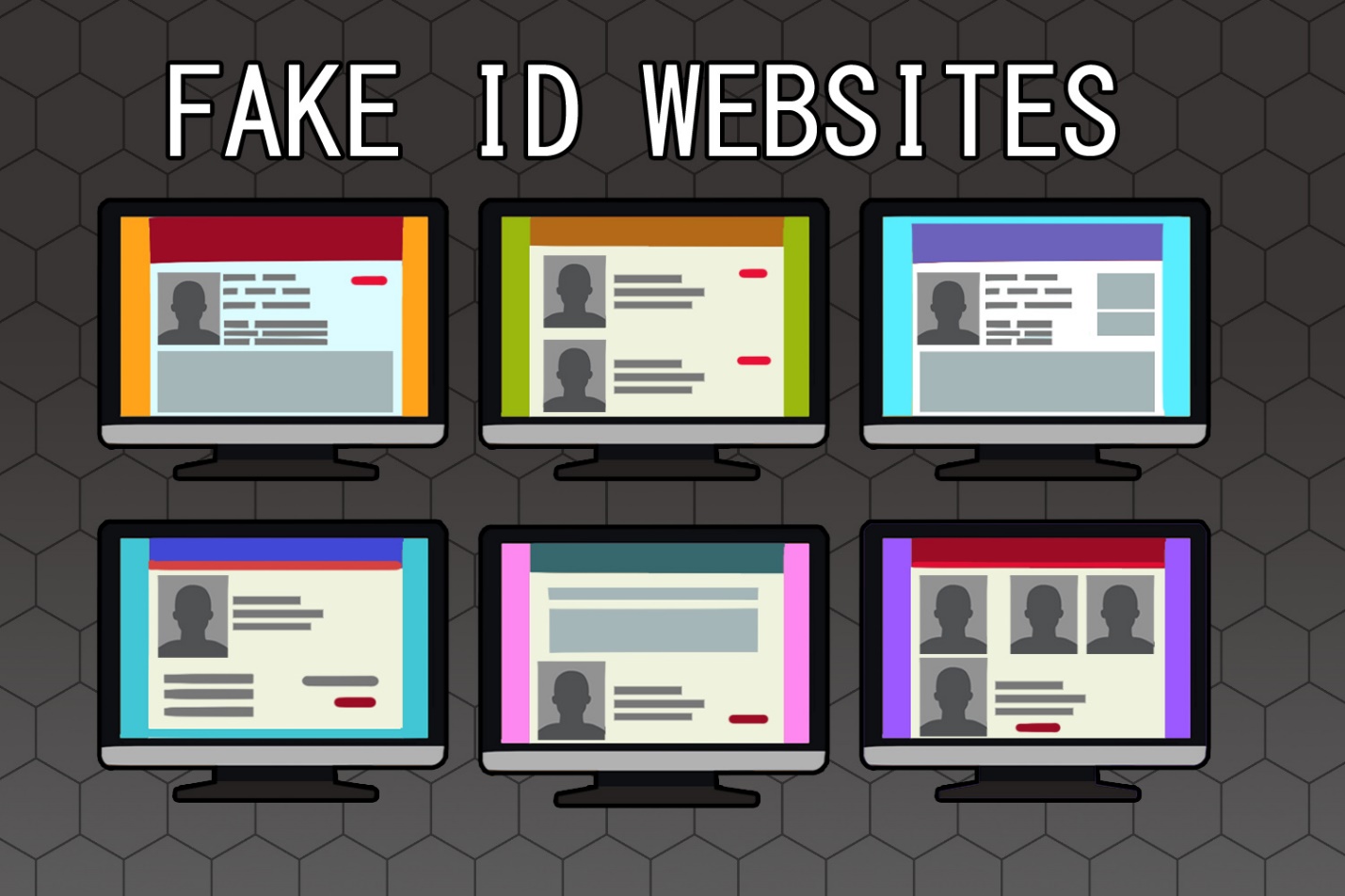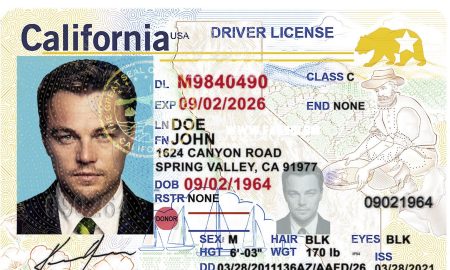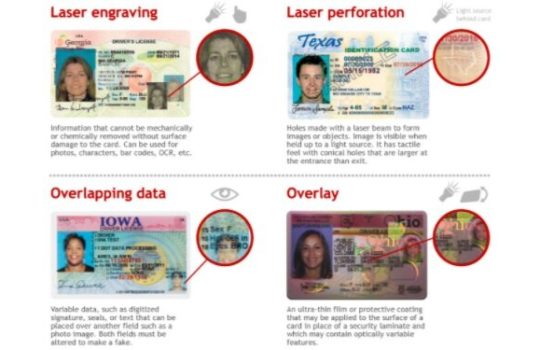Fake Id Websites
2024-01-18 2024-01-18 13:09Fake Id Websites

Fake Id Websites
Australia Fake Driver License
California Fake Driver License New
Spain Fake Driver License
Vietnam Fake Passport
Title: Fake ID Websites: Evaluating Risks and Ensuring Online Safety
Introduction:
The rise of the digital age has witnessed an alarming increase in the availability and accessibility of counterfeit identification documents. People seeking false identification documents, commonly known as fake IDs, often turn to the internet to find websites claiming to provide such services. However, the risks associated with engaging in such activities cannot be taken lightly. This article examines the world of fake ID websites, highlighting the dangers involved and offering guidance on how to navigate this realm with caution.
1. Understanding Fake ID Websites:
Fake ID websites operate as platforms that offer counterfeit identification documents to individuals who need them for various reasons. These websites may appear legitimate and professional, using clever marketing tactics to entice potential customers. While some individuals seek fake IDs for innocent purposes such as fun or novelty, others may have more sinister motives in mind.
2. Identifying Risks Associated with Fake ID Websites:
a) Legal Consequences: Engaging with fake ID websites involves breaking the law in many jurisdictions. Acquiring, using, or possessing counterfeit identification documents is a criminal offense that can lead to severe legal repercussions, including fines, imprisonment, or both. It is crucial to understand the potential legal ramifications before considering engaging with such websites.
b) Identity Theft: Fake ID websites often require personal identification information to create realistic-looking counterfeit documents. Users who share their personal data on these platforms run the risk of falling victim to identity theft. Hackers or malicious actors may exploit the information shared on these platforms for fraudulent activities or to compromise individuals’ digital security.
c) Poor Quality and Ineffectiveness: Even if individuals manage to acquire a fake ID from these websites, the quality and effectiveness of these counterfeit documents are often subpar. Fake IDs might contain noticeable flaws, making them easily distinguishable as fake by trained professionals, such as bouncers, law enforcement officers, or other officials who conduct identification checks.
3. Spotting Fake ID Websites:
Identifying genuine websites among numerous fake ID platforms can be challenging. Nevertheless, some common signs can help users distinguish between fraudulent websites and more reliable sources. These include:
a) Poor Website Design: Genuine service providers tend to invest in professional website design, ensuring seamless user experiences. Conversely, fake ID websites may exhibit amateurish design, grammatical errors, or inconsistencies.
b) Lack of Authentic Reviews: Trusted websites generally feature genuine customer reviews, either on their platform or on third-party review sites. Fake ID websites often lack verifiable feedback, or the few reviews present appear biased or overly positive.
c) Payment Methods: Fake ID websites often insist upon payment through untraceable channels such as cryptocurrency or wire transfer. Genuine services, on the other hand, support multiple payment options, including credit cards and reputable online payment platforms.
4. Ensuring Online Safety:
a) Education and Research: Stay informed about the risks and legal implications surrounding the usage of fake IDs. Understand the consequences and potential harm that can result from engaging with such websites.
b) Avoid Sharing Personal Information: Refrain from providing personal identification information to untrusted or suspicious websites. Protecting personal data helps minimize the risk of identity theft or other related fraudulent activities.
c) Seek Legal Alternatives: Instead of resorting to fake ID websites, consider exploring legal alternatives. For example, minors in possession of fake IDs could face fines, loss of driving privileges, or other penalties if caught. Understanding local laws and regulations can help individuals make informed decisions.
d) Report Suspicious Websites: Help fight against illegal activities by promptly reporting potentially fraudulent websites to the relevant authorities. This contributes to ensuring online safety for other users and aids in the crackdown on illegal operations.
Conclusion:
While the allure of fake IDs might seem tempting to some, engaging with counterfeit identification websites brings forth significant risks. From potential legal consequences to identity theft and poor quality products, the hazards associated with these platforms should be taken seriously. Choosing legal alternatives, prioritizing online safety, and raising awareness about the dangers of fake ID websites can help protect individuals from unnecessary harm.